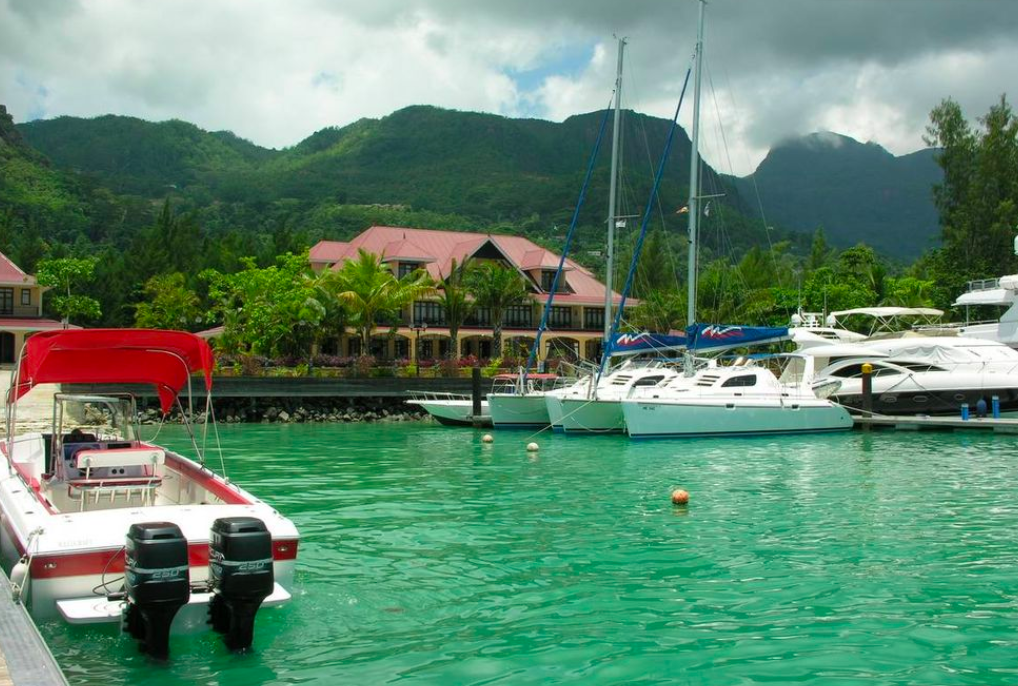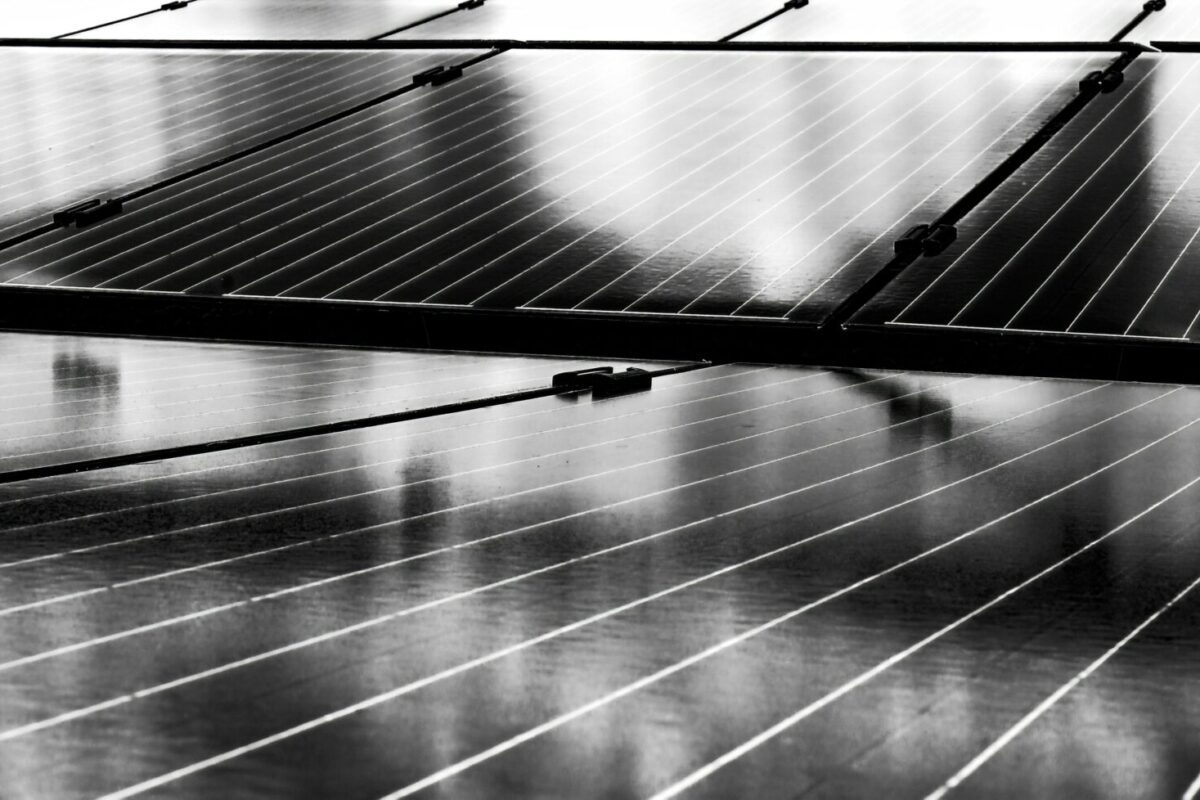Qair, a French independent power producer, has revealed plans to install 5.8 MW of floating solar capacity on a saltwater lagoon in the Seychelles.
The company said that the installation will be the first floating PV array in Africa. It will start building the project in July on a saltwater lagoon on Mahé, the main island of the tiny archipelagic nation. It claims it will be the world’s largest floating PV project to be installed in a saltwater environment when it is completed by the end of this year.
The project will also be the first solar array to be spearheaded by an IPP in the Seychelles, claimed Qair. It did not say which company will provide the 13,500 solar panels that will be used in the project, which will be built across 40,000 square meters of water. It also did not specify the suppliers of the floating structures and other critical components. Upon completion, the installation will account for about 2% of total power generation in the archipelago.
Montpellier-based Qair secured the project through a government tender in 2018, when the group still operated under the Quadran brand. It bid for the floating PV project as part of a consortium involving Seychelles-based PV installer VetiverTech. It will sell the electricity under a 25-year power purchase agreement to Public Utilities Corp., the main utility in the Seychelles.
The project will be a significant capacity addition for the tiny archipelagic nation, which had only installed a negligible 0.9 MW of solar capacity by the end of 2018, according to the International Renewable Energy Agency (IRENA).
Earlier this month, Lucia Holding and its subsidiaries rebranded as Qair. The group employs about 190 people in 12 countries throughout Europe, Africa, Latin America, and Asia. It currently operates about 220 MW of renewables capacity, with 780 MW of projects now in the construction and financing phase. It also plans to deploy an additional 3 GW of capacity in the future, with 1 GW of assets to be commissioned by 2022, according to its website.
This content is protected by copyright and may not be reused. If you want to cooperate with us and would like to reuse some of our content, please contact: editors@pv-magazine.com.



By submitting this form you agree to pv magazine using your data for the purposes of publishing your comment.
Your personal data will only be disclosed or otherwise transmitted to third parties for the purposes of spam filtering or if this is necessary for technical maintenance of the website. Any other transfer to third parties will not take place unless this is justified on the basis of applicable data protection regulations or if pv magazine is legally obliged to do so.
You may revoke this consent at any time with effect for the future, in which case your personal data will be deleted immediately. Otherwise, your data will be deleted if pv magazine has processed your request or the purpose of data storage is fulfilled.
Further information on data privacy can be found in our Data Protection Policy.